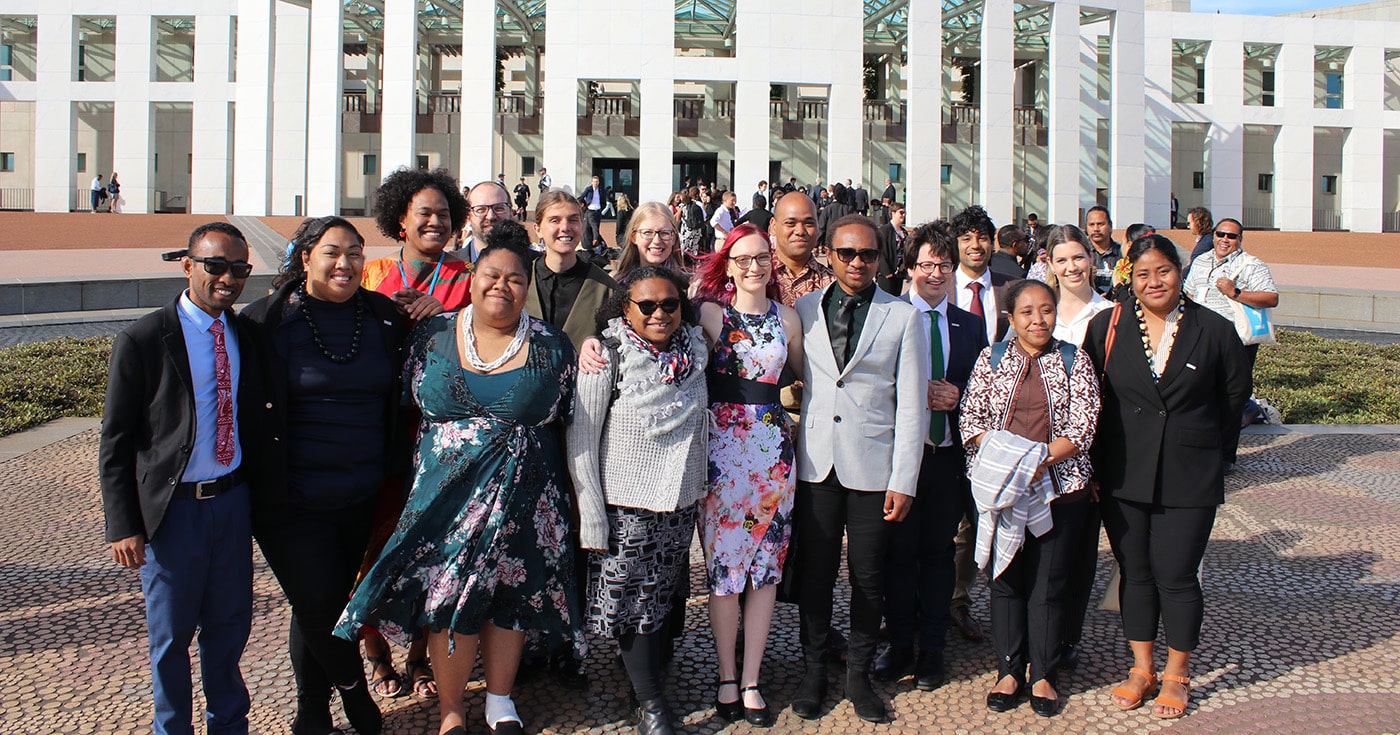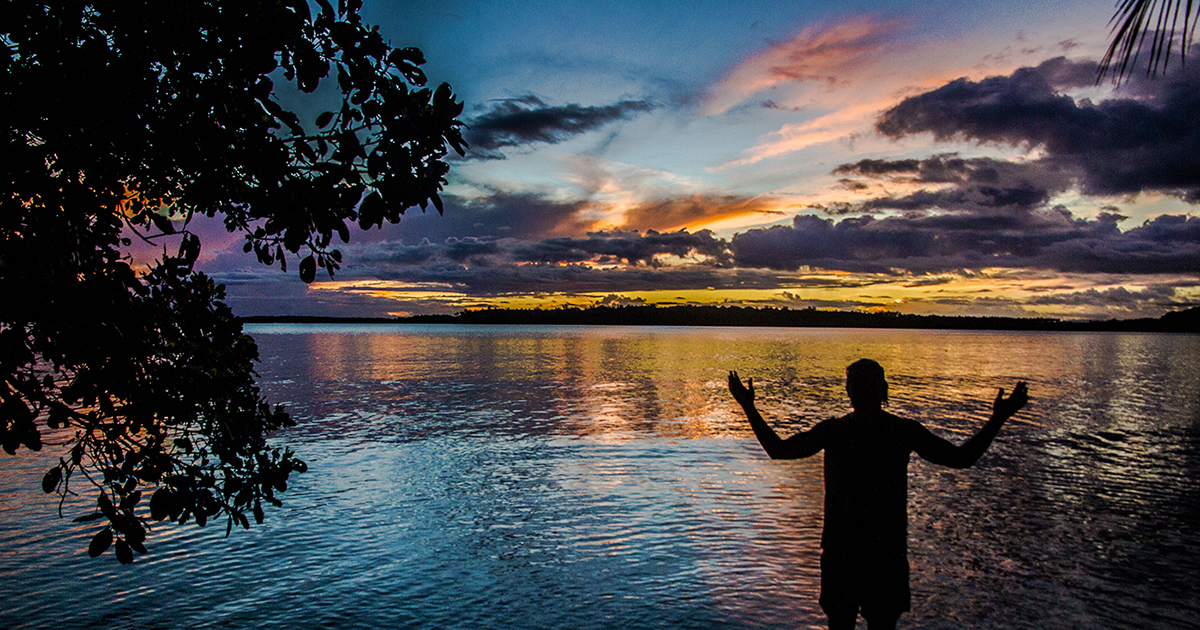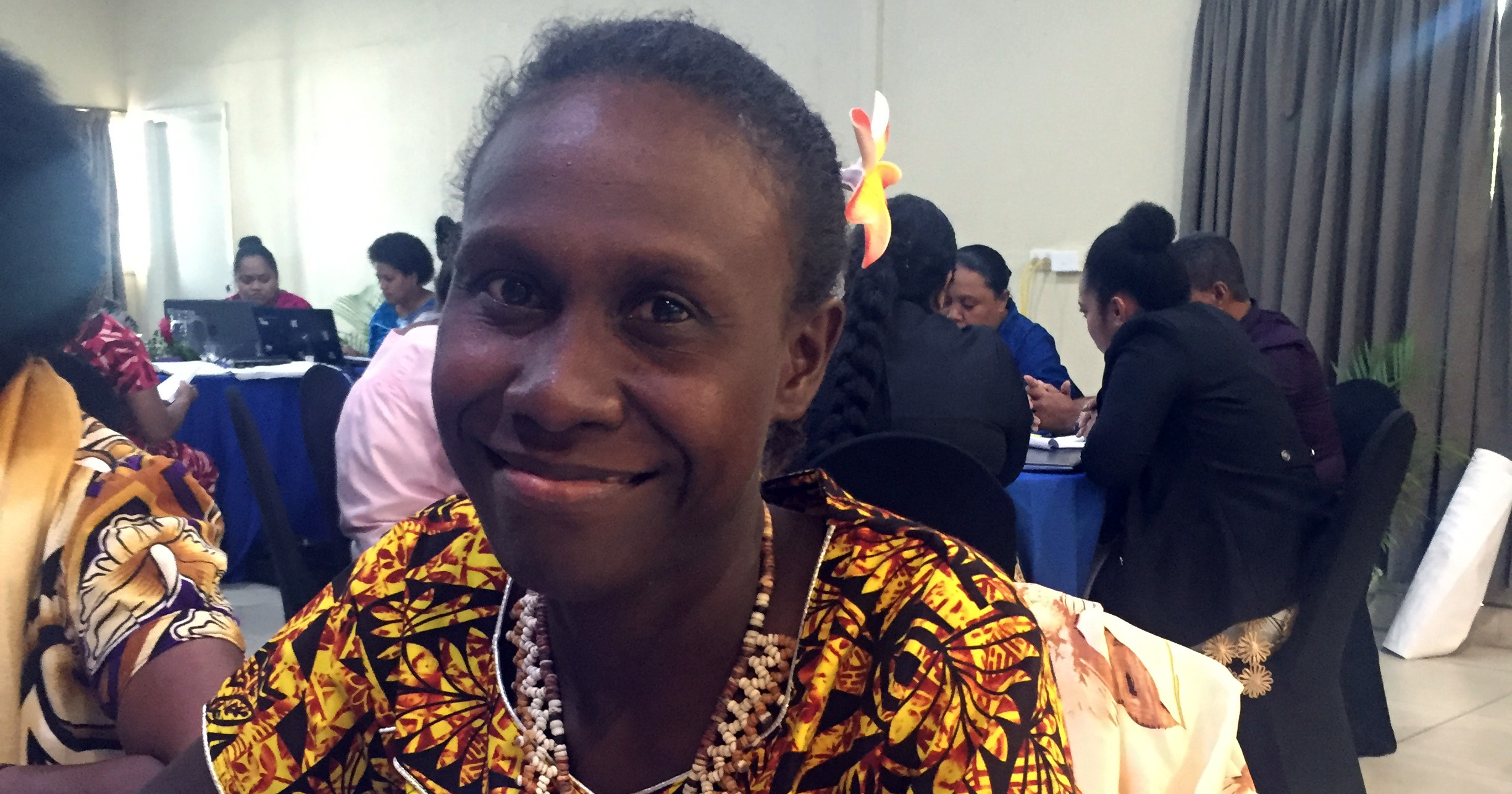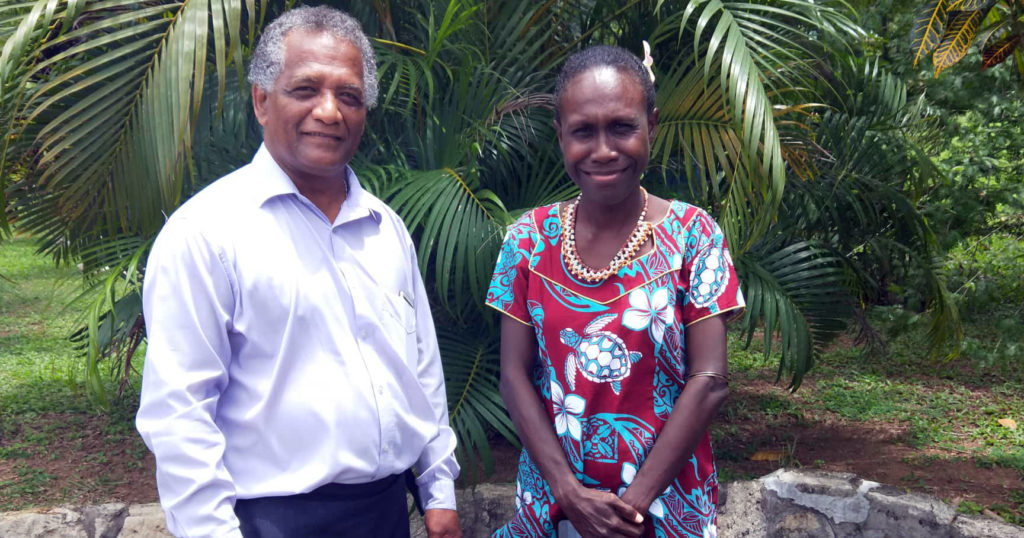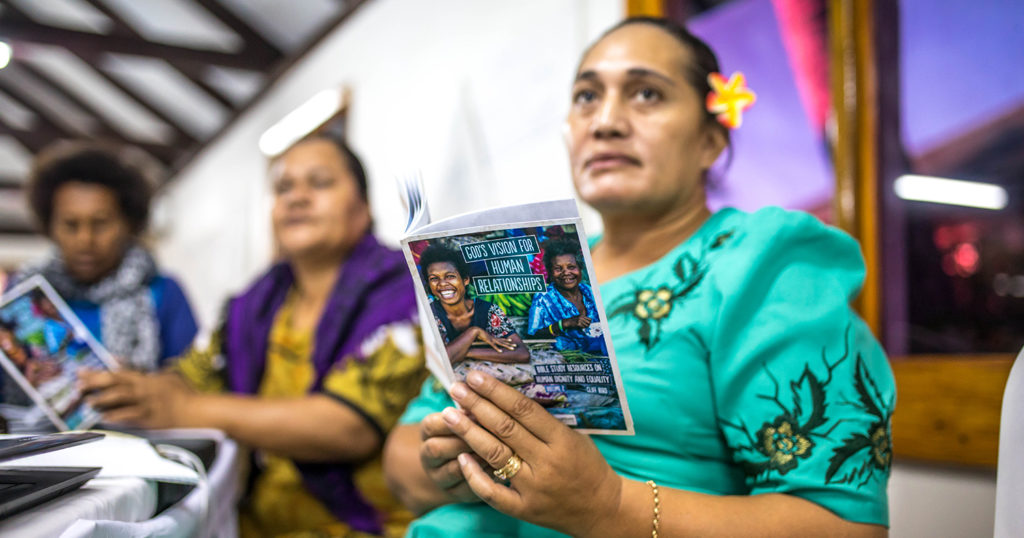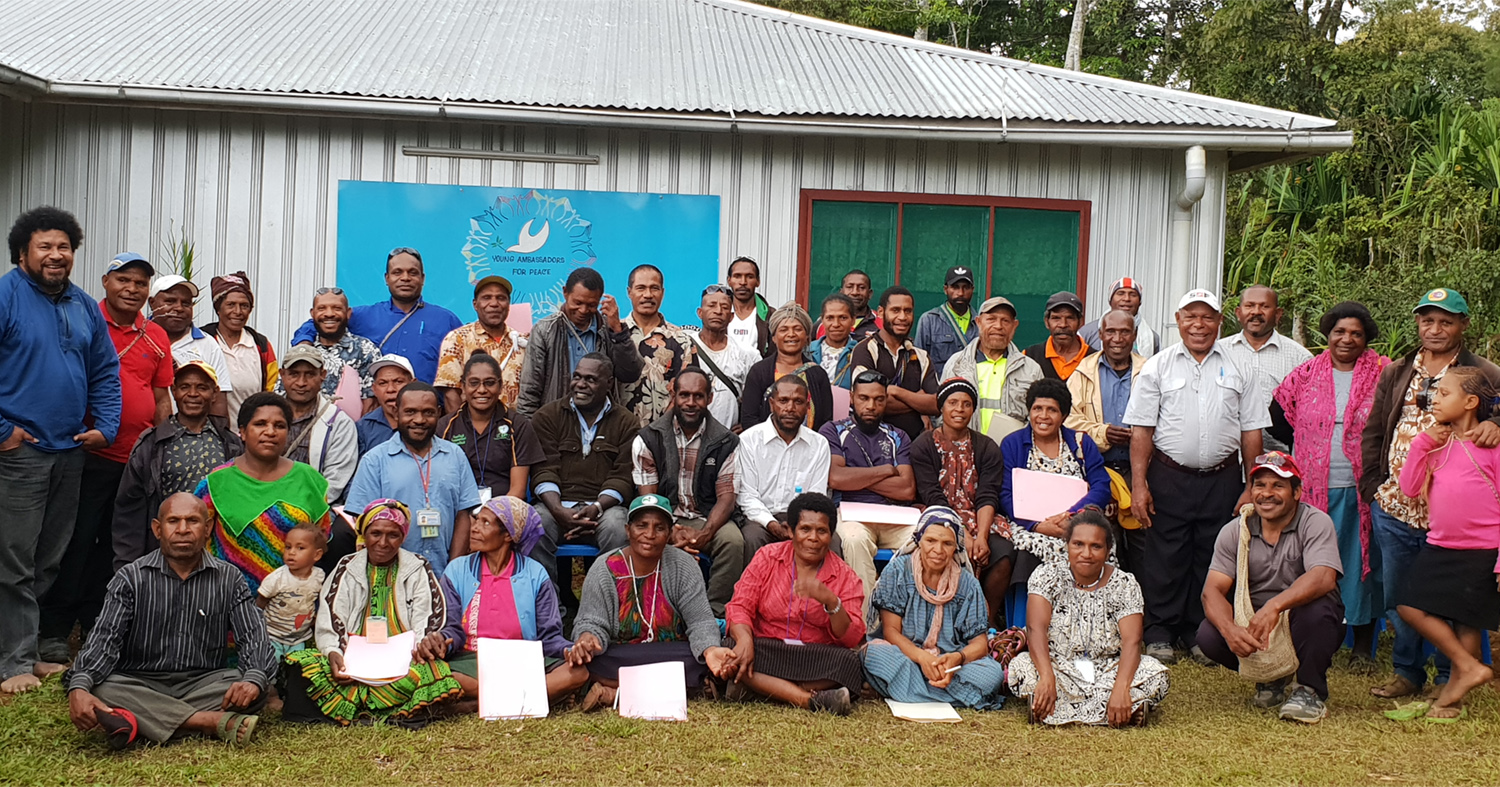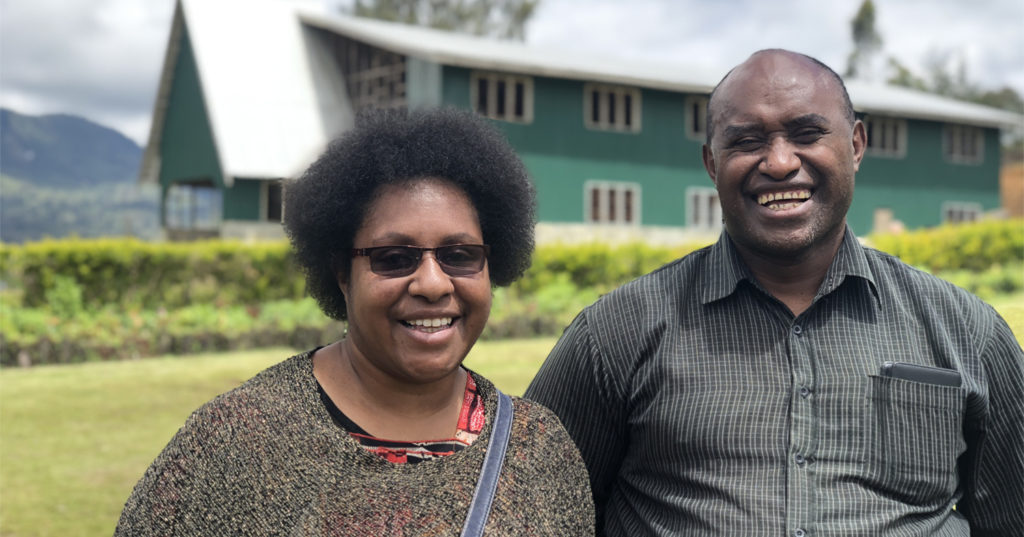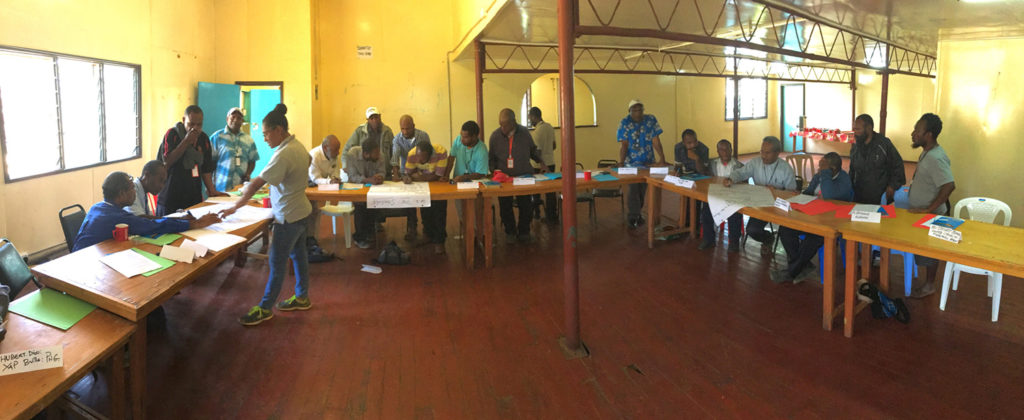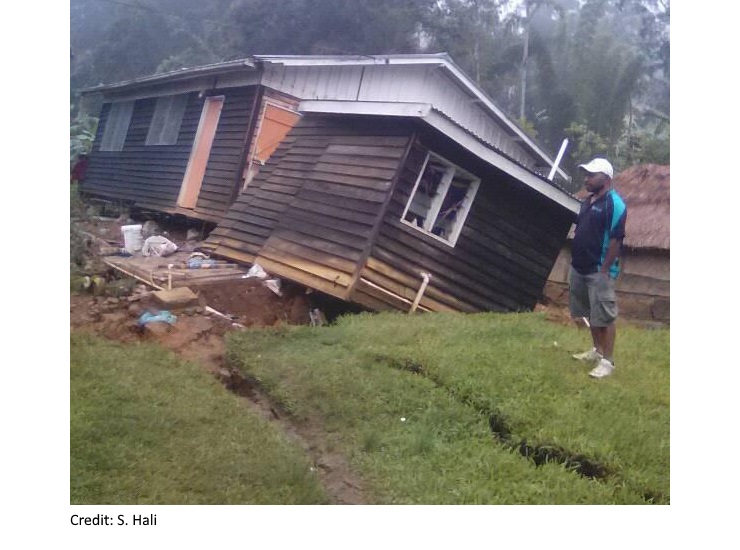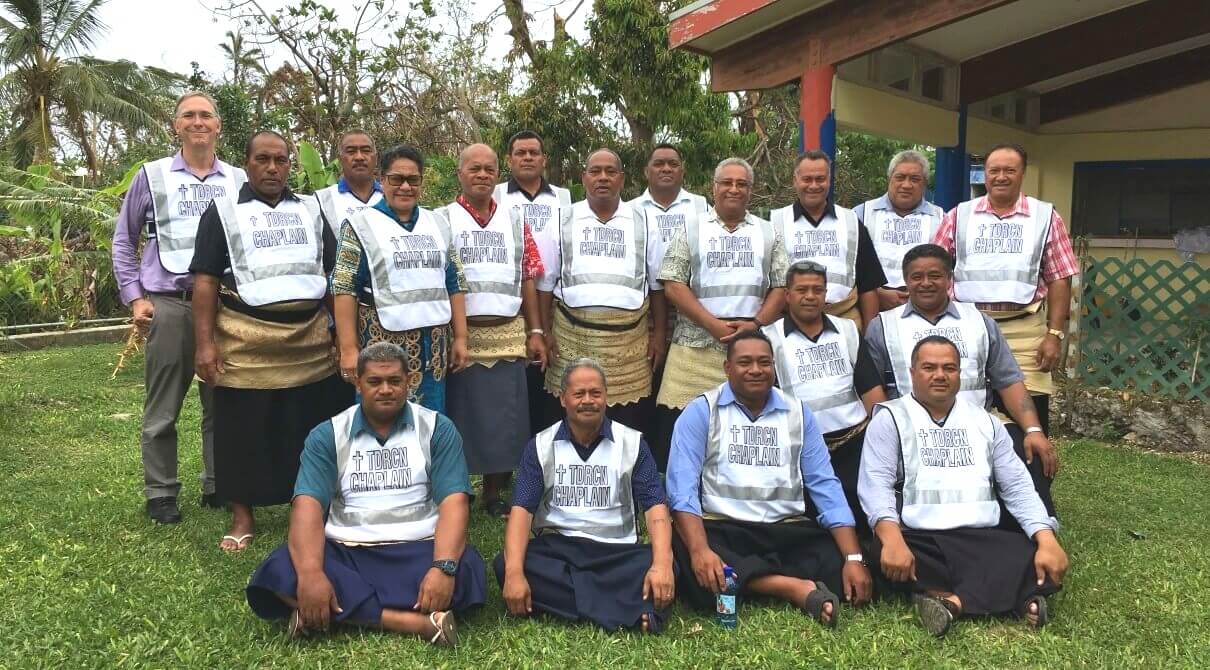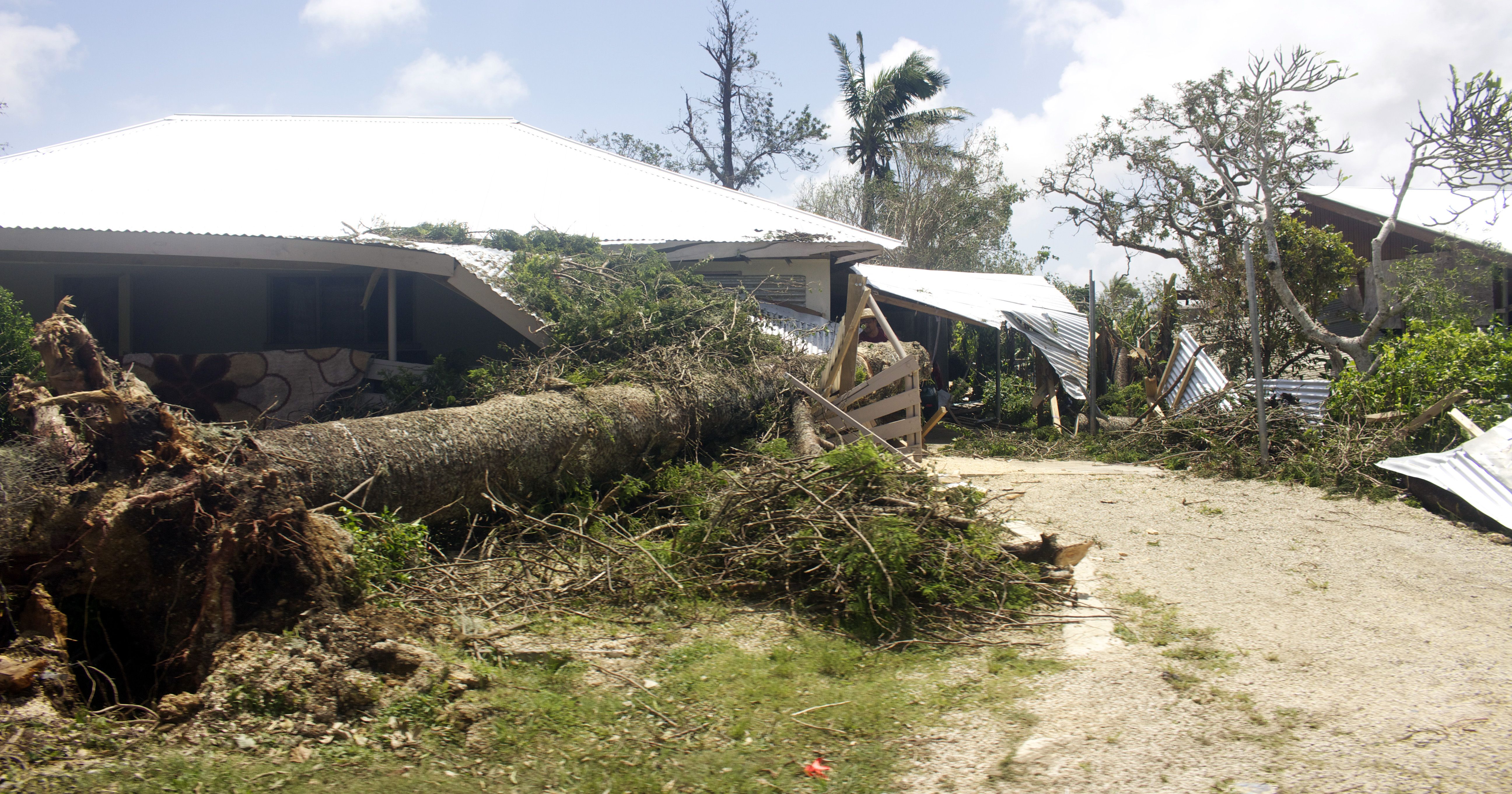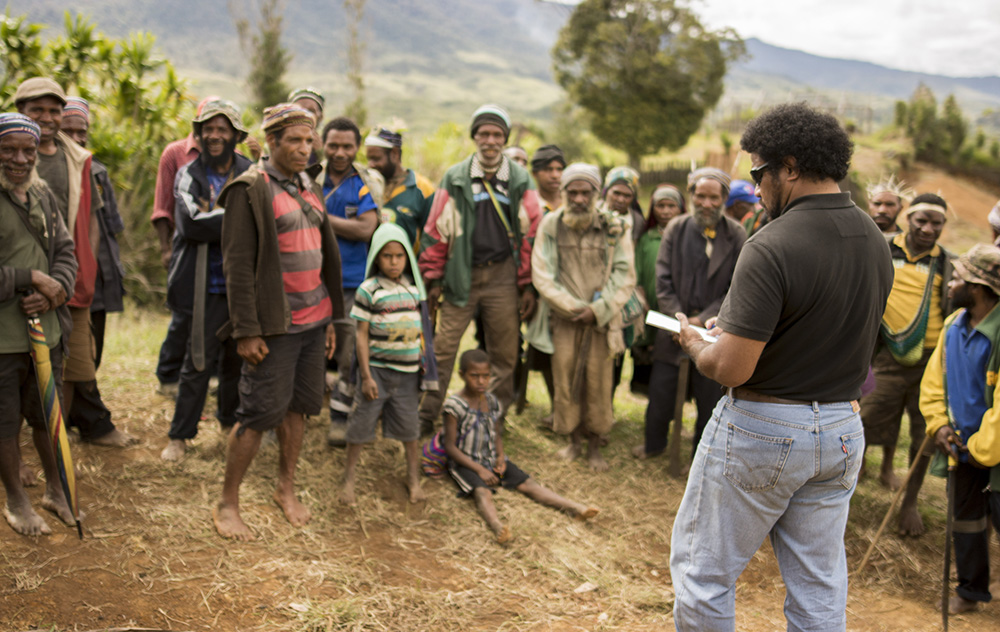Mutual Expansive Love and the Victims of Forsakenness?
2024 Easter Message from the Principal of the Pacific Theological College, Rev Dr Upolu Lumā Vaai
‘Mutual Expansive Love and the Victims of Forsakenness?’
In 2022, I shared an Easter message about the victims of forsakenness and hope draped in remembrance. It was a message in response to the victims of the Covid19 pandemic and in particular those still trapped in continued suffering. Today, it seems the wars, the violence and abuses have intensified the unkindness towards the victims of forsakenness around the world. We thought we have moved on, three years later, many are still stuck in the unbearable period of forsakenness, their minds trapped in graphic images of the wounded and dead bodies. These victims are immersed in an unbearable pause between death and life, unable to really see and experience what resurrection feels like.
This time of the year, Christians around the world recite this familiar cry of Jesus, “my God, my God, why have you forsaken me” (Matt. 27:46). Today this familiar cry is heard around the world from ordinary Palestinians since the Israel/Palestine war began. Today the blood of thousands of innocent Palestinian children covers the Gaza strip, bodies freshly pulled out of the concrete and metal rubbles heaped up by the continuous bombing by Israeli military forces. On the 13th of this month of March, the updated statistics by the United Nations of Geneva website reported that more than 14,000 of the 32,000 people killed to date by Israeli airstrikes on Gaza were children. This is a whole island population wiped out if it was a Pacific island. Only a few accounted names from ages zero to 17 are listed by Aljazeera website. That’s almost 50% of those killed. And more than 200 of this number didn’t reach their first birthdays. According to Commissioner-General Philippe Lazzarini of the UN Relief and Works Agency, “12,300 children have died in the enclave in the last four months, compared with 12,193 globally between 2019 and 2022.” Unfortunately, “this war is a war on children…it is a war on their childrenhood and their future.”
These figures do not count more than 73,000 Palestinians injured. Israel also had casualties of 247 soldiers killed with 1,475 injured. These soldiers are also victims of a belligerent system. And then there are those who starve to death. The starvation of children is a hallmark of genocide. A war tactic to obliterate the future of a nation. The failure of the United Nations to bring an end to this unimaginable brutality speaks volumes of a values fluster and the breakdown of a life-centred moral compass to care for what Jesus called, the “least of these.”
One could ask, where is the Christian church in all of this? Last Sunday many Christians celebrated the triumphant entrance of Jesus into Jerusalem. But before that, Jesus cried over the future destruction of Jerusalem by external forces. It seems that any genocide and military destruction is a reason for Jesus’ tears. Some questions to think about: Is it right to worship a God who sanctions a war waged against the innocent? It is right to declare to be true our confessional belief to “love your enemy” while silently nodding in agreement to a war that killed thousands of children? If Christianity came through a history of persecution, is it just to endorse it again?
The recent International Women’s Day ecumenical worship in Suva, Fiji, that focussed on prayers in solidarity with Palestinian women victimized by this Israel/Palestinian war was a classic example. When it was time to pray for victims in particular the Palestinian women, some so-called Christians walked out in disagreement. Perhaps Christians today are more concerned with right and left political and religious extremes that we no longer mourn the severe distortions to life caused by our silence. We no longer feel that war is wrong and state-sanctioned killing is a sin as long as we stay true to our personal truths. Today, those who fight for justice for the victims of this very war are either brushed aside or deemed to be “leading a rebellion” (26:55).
The gospel of Matthew (chapters 26-28) invites us not only to learn Jesus’ siding with the victims of any unjust system, but also to caution us not to repeat to others the same persecutive and violent mistake. In the story, the voice of the forsaken (Jesus) is drowned by the sounds of debates between religious and political leaders, the sounds of violence; the stripping, the mocking, the spitting, including the echoes of being “struck on the head again and again” and “divided up his clothes” (27:28-35) incurred by the powerful and those who work for them.
The same feeling of forsakenness is experienced by our sisters and brothers in West Papua. Just last month in February, a footage of a West Papuan man was widely shared on social media, sitting in a 44-gallon barrel filled with bloodied water being repeatedly cut at the back with a knife, punched, elbowed, hit with sticks and kicked by Indonesian military as he sits without resistance. For decades, West Papuans have “cried out in a loud voice” regarding state-sanctioned killings, human rights abuses, ecological exploitation, and systemic violence by Indonesian military only to be forsaken not only by the UN, but also by many Christians. Forsakenness is deepened when our future, which is meant to be decided by us, is decided by a powerful Pilate or a Caiaphas in a palace somewhere. Hence is the story of West Papuans, Palestinians, and many countries still under colonial control.
Interestingly, the loud cry of Jesus’ forsakenness was not enough to turn heads until Earth (through an earthquake) took over and became the voice of the victim (27:51), capturing the attention of many including the highest-ranking military officer who confessed “he is the son of God” (27:54). A reminder of what Jesus said, “if these people do not speak, these very stones will cry out” (Luke 19:40).
This Easter, I invite us not just to remember in prayers but also to act in deep solidarity with the many victims of forsakenness of the Israel/Palestinian war and also many others. Commemorating this Easter without remembering the Palestinians (or Jewish victims of war) is just faith without love. Easter begins with an unreserved response to the question, do we remember the victims of forsakenness behind the façade of disregard, or do we only disregard them behind the façade of remembrance? It is an invitation to put our hopes again in the memory of God’s mutual expansive love that liberated us ‘with all that is God’. Through this mutual expansive love, we shift the crucifixion narrative from making our children recipients of an undeserved death, “his blood is on us and on our children” (27:25) into making them recipients of unreserved grace. God’s creation gives us pointers to this mutual expansive love that we are moving to celebrate this Easter. Rivers don’t drink their own water, to cite Pope Frances. The rain doesn’t drink its own drops. Plants don’t harvest their own fruits. Bees don’t eat their own honey. Mountains don’t give credits to their own heights. Oceans don’t consume their own fish. Mutual expansive love is about expanding others in our walk while others walk with us in their expansion.
At the resurrection morning, the women expanded their love to include Jesus, the forsaken victim who died at the hands of an unjust system. They remembered where Jesus was buried. They remembered his face. They remembered to worship him. They remembered the way to run back home from the tomb. They remembered to be joyful in the midst of nervousness. The disciples remembered to assemble again as a family for one last time to meet this forsaken victim in a mountain in Galilee. Thus, the resurrection ushers in a new community based on the audacity to remember. A remembrance that is guided by God’s mutual expansive love. This love should give us courage to break down walls, to bind the wounds of the forsaken, carry crosses for the crucified, to roll stones from tombs, to produce arsenals of hope, and to dream change.
Rev. Dr. Upolu Luma Vaai
Principal, Pacific Theological College
26 March 2024
Republished with permission.
Download as a PDF
UnitingWorld partners with the Pacific Theological College for the Women in Ministry project.


